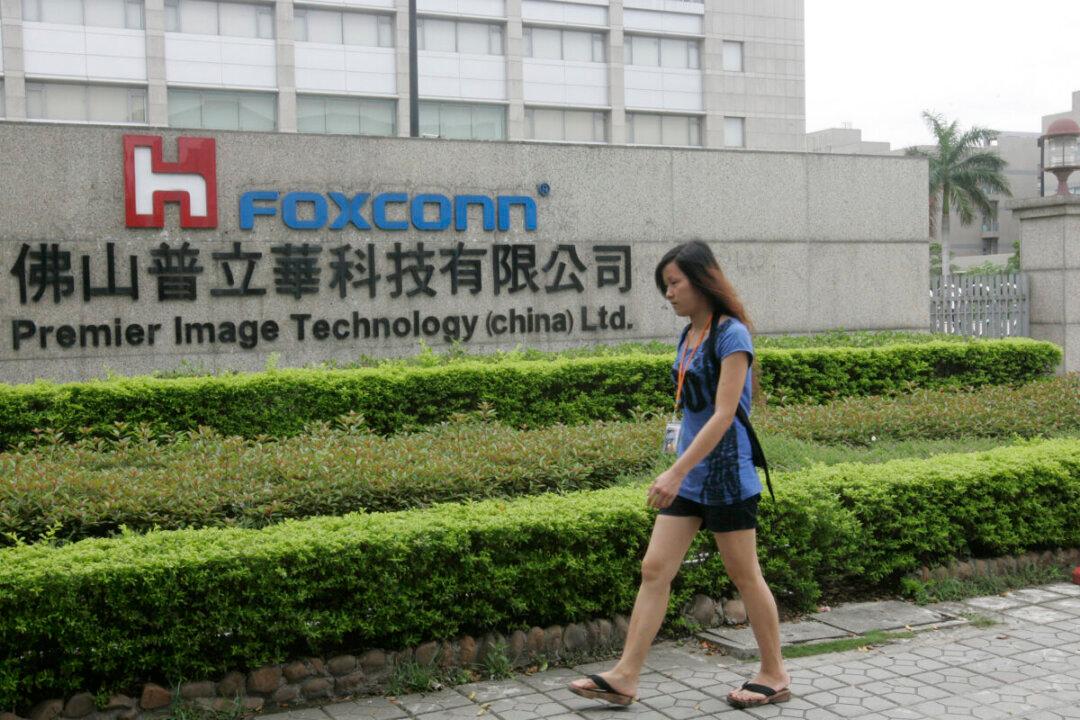Municipal authorities of Zhengzhou city in central China’s Henan Province, where the Taiwanese company Foxconn has its biggest factory, are mobilizing ex-soldiers to make up for the shortage of workers caused by the ongoing zero-COVID approach.
Earlier this month, many civil servants in Henan Province were notified to mobilize grassroots cadres and retired soldiers to work at Foxconn. “The cadre is required to take the lead, and the working time is at least one month,” local authorities said on Nov. 16, according to the Chinese portal Sina.





